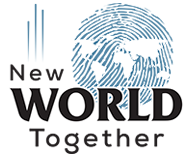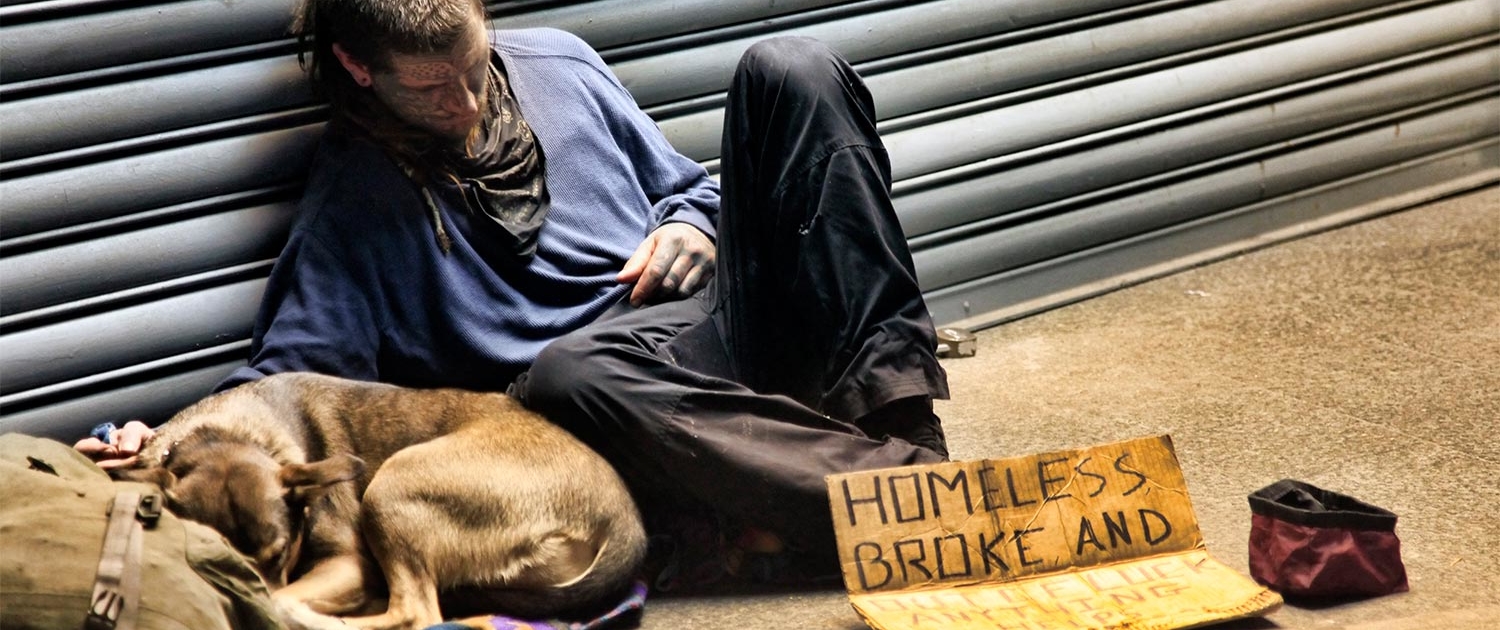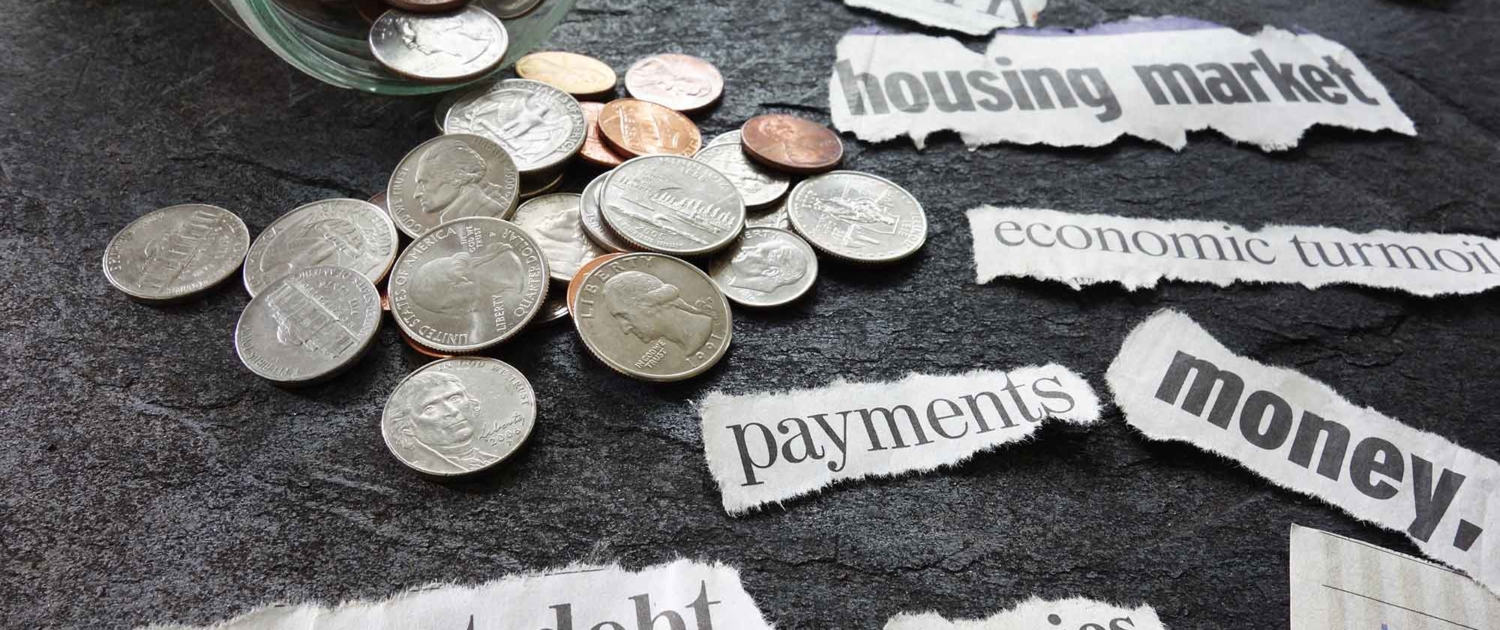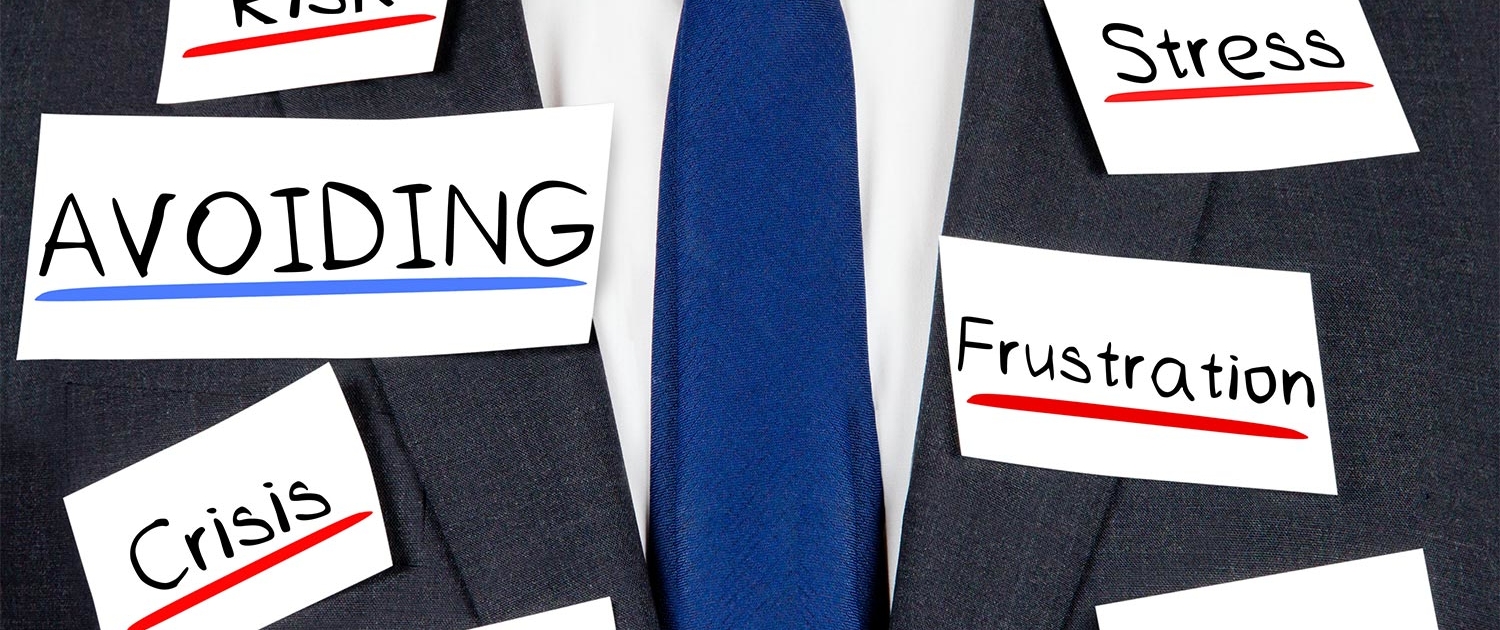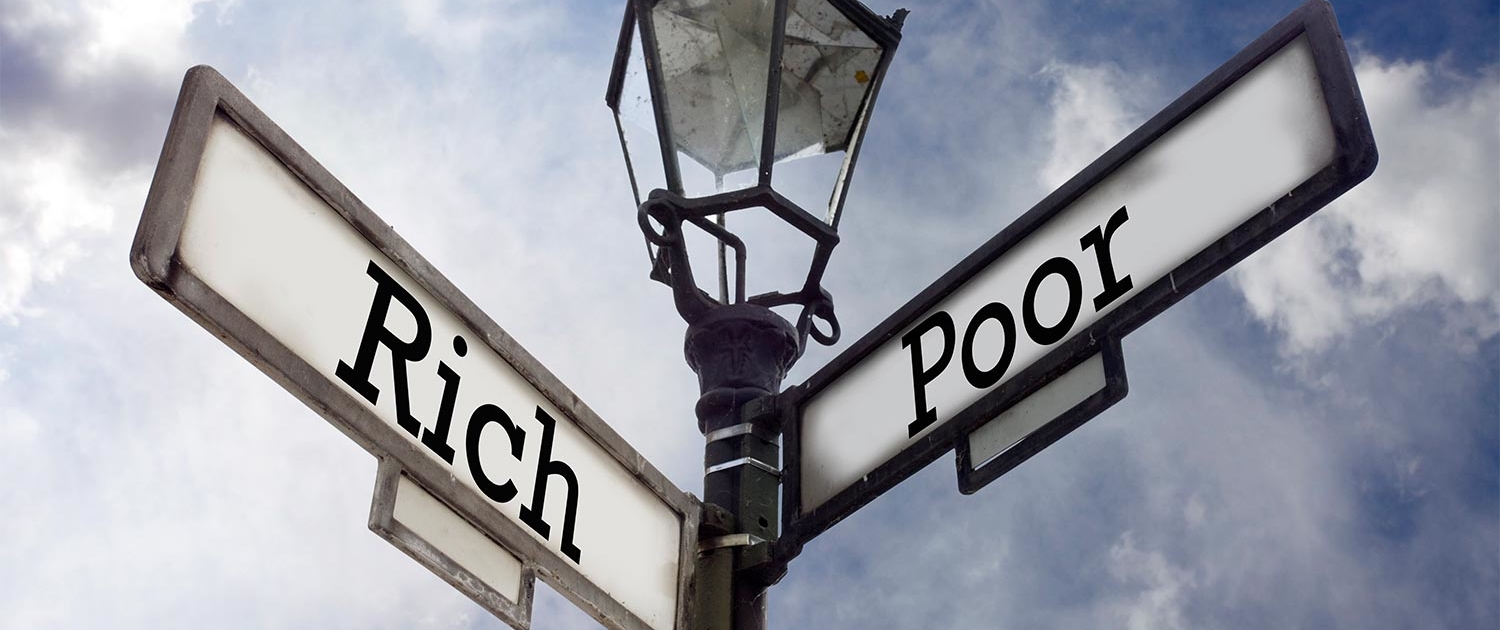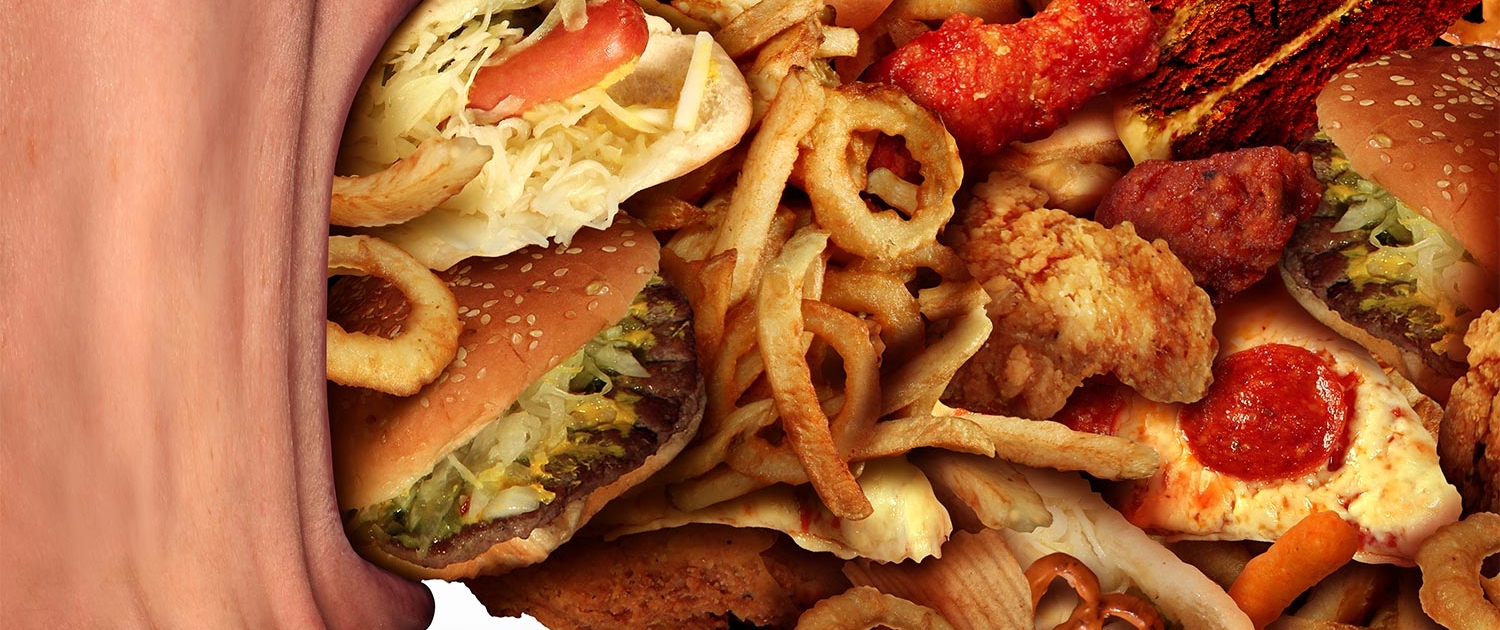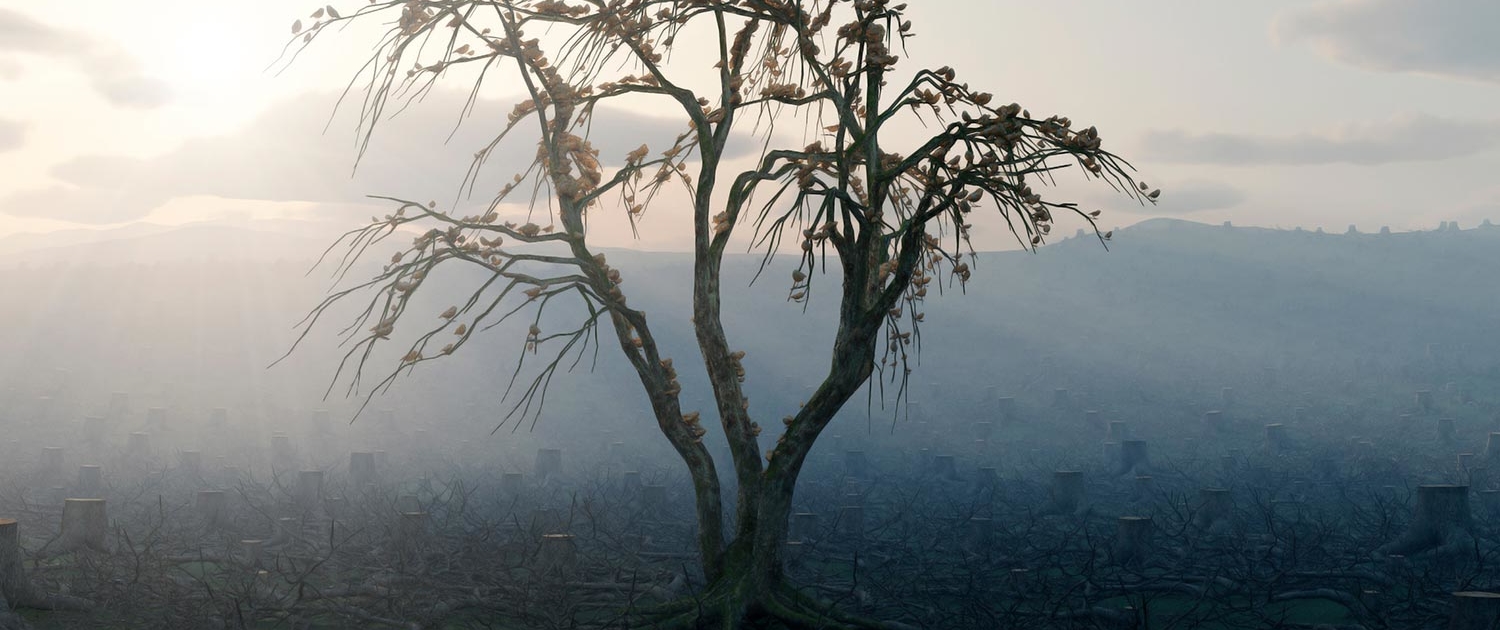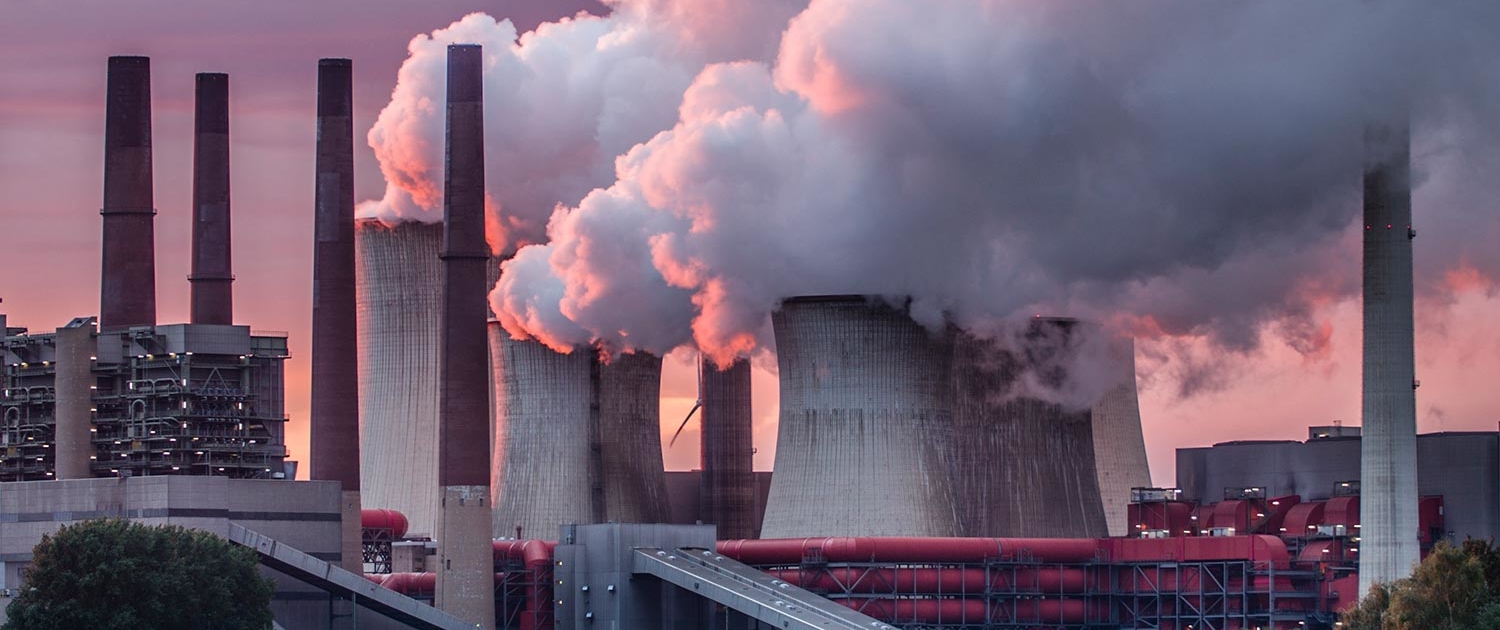“If we pollute the air, water and soil that keep us alive and well, and destroy the biodiversity that allows natural systems to function, no amount of money will save us.” – David Suzuki
There is no need to be a genius to realize that a system of society based on infinite growth on a limited planet cannot be ecologically sustainable, and is therefore irrational and utopian. And this lack of sustainability is made worst by the encouraged competition of all individual and groups for the unlimited accumulation of short term profits and resources. Clearly, we have launched ourselves on an absurd race toward Armageddon.
And this lack of rationality and sustainability is being confirmed when we look at the growing ecological crisis all over the planet materializing with the destruction of our ecosystems. We are increasingly threatened by air, soil and water pollution, deforestation, plastic pollution, the overconsumption of our resources, global warming, and consequently the human created 6th mass extinction. All our ecosystems are being damaged or destroyed, with potentially irreversible effects and dramatic consequences for our future on this planet.
Our contemporary model of society hasn’t been thought taking in consideration the limits of our environment, which are not appearing in the main economic indicators used to drive our policies and strategies. As a result environmental destruction is mainly considered an externality and our system is dangerously disconnected from reality, delusional and utopian in the long term as we are not only depending on our ecosystem for our well-being, but for our survival and the survival of forms of life on this planet.
